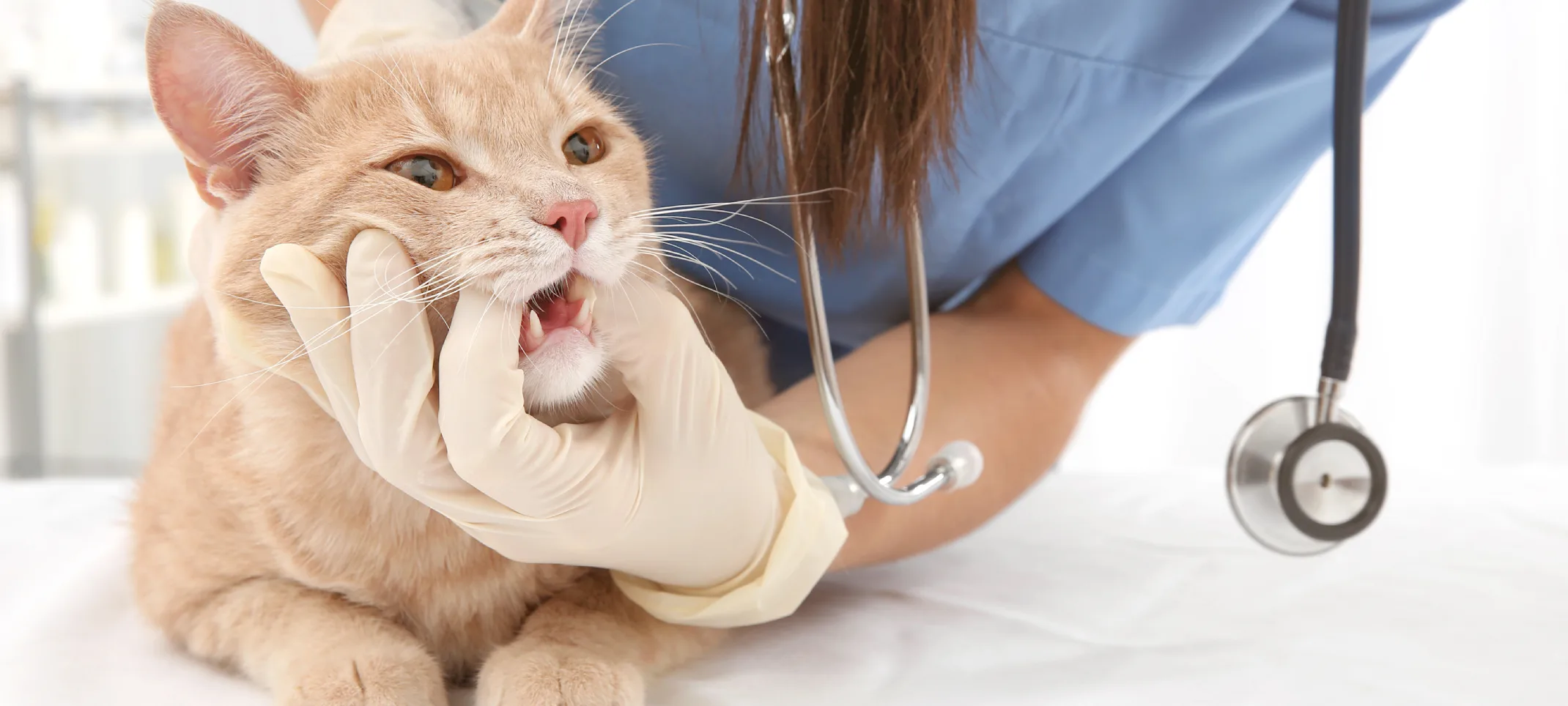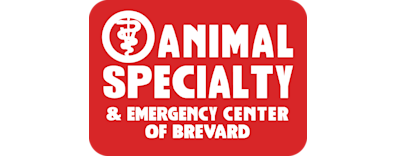Animal Specialty & Emergency Center of Brevard
Accidental Poisoning
If your pet HAS ingested any of these COMMONLY KNOWN PET POISONS or a substance you believe may be poisonous, call us right away! 321-725-5365.

HARMFUL FOODS: Chocolate, Xylitol (artificial sweetener found in many “sugar free” candies and gums), Raisins, Coffee, Alcohol, Raw Dough
DANGEROUS PLANTS: Sago Palm and Other Palm Nuts, Lilies, Hyacinth, Bird of Paradise, Belladonna, Daffodil, Oleander
HOME & CAR MAINTENANCE PRODUCTS: Paint Thinner, Drain Cleaner, Oven Cleaner, Bleach, Detergent, Antifreeze, Engine Oil, Gasoline
HUMAN MEDICINES: Ibuprofen, Acetaminophen, Cold & Flu Medications, Vitamins, Diet Pills
PEST & RODENT PRODUCTS: Flea & Tick Medication, Moth Balls, Insecticides, Rodent Bait
Be sure to remove the toxic substance from your pet’s reach. Keep the packaging in a safe place though – it might contain useful information about the product’s chemical content!
If your pet ingested a new or lesser known product, we may suggest that you call pet poison helpline prior to bringing your pet in.
PET POISON HELPLINE: 1-800-213-6680
Why would we suggest you call pet poison helpline?
With the number of chemicals and pharmaceuticals coming on to the market each year, keeping track of those chemicals, the risks and how to treat exposure is a full time job – and that’s exactly what the Pet Poison Helpline does. In order to provide this critical service, please be advised that there is a $39 per incident fee, payable by credit card. This fee covers the initial consultation as well as all follow-up calls by the veterinarians at ASECB. You will only be charged ONCE for any necessary information associated with your pet’s poisoning incident.
What can you expect when you call the helpline?
When you call, a Pet Poison Helpline staff member will ask for a credit card number, so be sure to have one handy. They will ask for your pet’s history and about the ingestion or exposure. After some quick research, the helpline will discuss the potential risks and recommendations with you. Be sure to have a pen and paper handy to take down the case number and any important notes. If you’re coming in to see us, try to call ahead and give us your case number – we will be getting the vital information and treatment recommendations while you’re on your way in so we can begin treatment as soon as you arrive.
* ASECB is NOT affiliated with the Pet Poison Helpline and does NOT profit from your call
